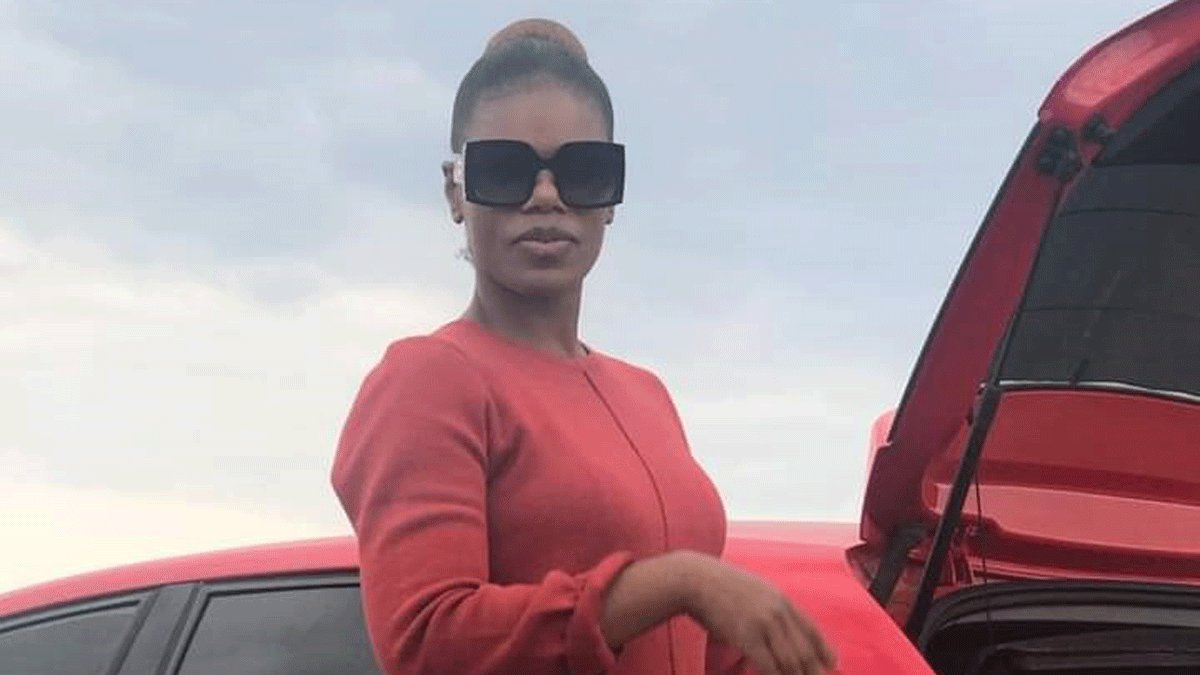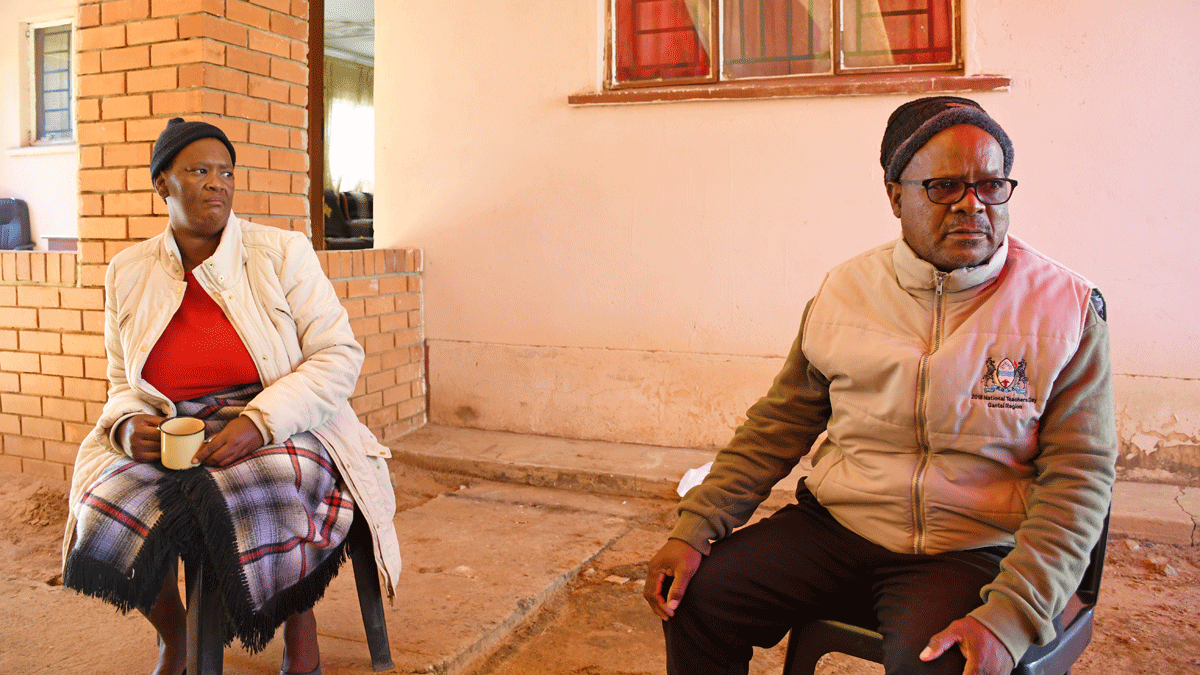Four historic events have taken place around the world so far this year, and all of them involved women;
• Nigeria’s former Finance Minister, Ngozi Okonjo-lweala, took office as Director General of the World Trade Organisation on the 1st of March; the first woman and African to do so.
• Early February, the Olympic Games host nation, Japan, saw a former Olympian, Seiko Hashimoto, become the Tokyo 2020 organising committee president following the forced resignation of a chauvinist octogenarian who had uttered sexist remarks.
• America, now has the first woman VP, Kamala Harris, black and of South Asian descent.
• Rwandan Economist, Monique Nsanzabaganwa, was elected as Deputy Chairperson of the AU Commission, the first woman ever to be elected to the significant position.
All these can be attributed to recent campaigns and social justice movements such as #metoo, Black Lives Matter and various other protests across the world aimed at putting an end to, among other ills, gender bias and inequality.
Inspired by these developments, and in celebrating International Women’s Day, Voice Woman spoke to Hatab CEO, Lily Rakorong and recently re-elected BBA President, Boineelo Hardy.
With the hashtag #ChooseToChallenge, this year the UN International Women’s Day theme is “Women in leadership: Achieving an equal future in a COVID-19”. What does that mean for you? What do you choose to challenge?
LR: It means ensuring equality for all, and that’s only achievable when the playing field is level.
We need to demystify stereotypes because women have the same abilities as men. Women need to be allowed to demonstrate those abilities.
I choose to challenge the very stereotypes.
BH: Traditionally, this presents an opportunity to pause and reflect.
We need to understand our environment and make resolutions to act, and have the necessary conversations as we operate in this covid-19 world especially for women in business, making decisions that will take us where we want to be and push the women agenda.
I choose to challenge men in leadership positions to really acknowledge that they have male privilege, and for them to use that to be supportive of women’s efforts.
Without the involvement of men, we cannot go far.
In your opinion, why is it imperative that more women take up leadership positions? Why is gender equality important?
LR: It’s important because women are by nature community builders, they’re nurturing and sensitive to the needs of others, as such the more women we have in leadership positions, and the more the communities are uplifted.
BH: Entities need diversity in leadership because women lead differently to men.
We are multi-taskers, which is a great leadership skill. Women are nurturing, good communicators and sensitive to fine details.
Any organization that embraces diversity is emboldened to scale heights.
In celebrating women’s achievements, what actions do you intend to take to raise awareness against bias?
LR: We need to rise up and support each other; men do that all the time.
Women compete more than they support each other, though I have been fortunate to have both women and men contribute to my success.
We have started talking with government regarding easy access to land, funding and skills development for women; as well as to see what empowerment programmes can benefit women such that the wealth of the tourism sector is in their hands as well.

BH: Share the journeys to success; tell the story behind the story so that young men (and women) can see what women go through to get to the top.
It forces men to introspect.
At Hatab, in terms of management and overall staff complement, what is the ratio of women to men?
LR: Hatab is truly women-led. 82% of our staff members are women, and we have proven that women can indeed work together efficiently and harmoniously.
All one needs to do as a leader is provide the necessary support.
On International Women’s Day, what important message do you want to send out to young women?
LR: Young people are in a better place than our generation and our mothers’ before us.
Of course they have their own challenges but the world is their oyster; they need to appreciate the myriad opportunities on offer and grab them, treat each other better, and see each other as allies.
Identify mentors to help them succeed in their careers.
How do you tackle stereotypes attached to female leaders?
BH: The key lies in both genders holding hands towards the same objective of smashing gender stereotypes.
When people say women don’t support each other, I agree, only partly.
Societal structures condition both the boy and girl child to see men as leaders; family head, chiefs etc.
It’s harsh to expect women to behave in a manner they were never conditioned; we need to be a little empathetic.
It’s the social structures that have created these stereotypes.
Do you believe progress has been made towards gender equality? Is gender equality even achievable in our lifetime?
LR: Progress has indeed been made – though it may not be at the desired level – because the hospitably industry used to be male-dominated.
There’s a shift because we are seeing more women begin to assume leadership positions in the tourism space; for example, women lead most hotels in the capital.
Do you believe progress has been made towards gender equality?
BH: We are an interesting dynamic; moving in the opposite direction of the world.
In the corporate space, Botswana has made strides; we are in the top 10 countries where women are likely to lead an organization, especially in the financial sector.
However, in politics, less than 4% of representation of women is in parliament.
This is also true for sport, out of over 40 associations registered with Botswana National Sport Commission; women lead only 4 – a similar picture to what our parliament looks like.
We see a huge disparity when it comes to willingness to lead.
We need to see more acceptances of women onto the political sphere; more assertive and purposeful women choosing to challenge and boldly say I am going to stand.





















